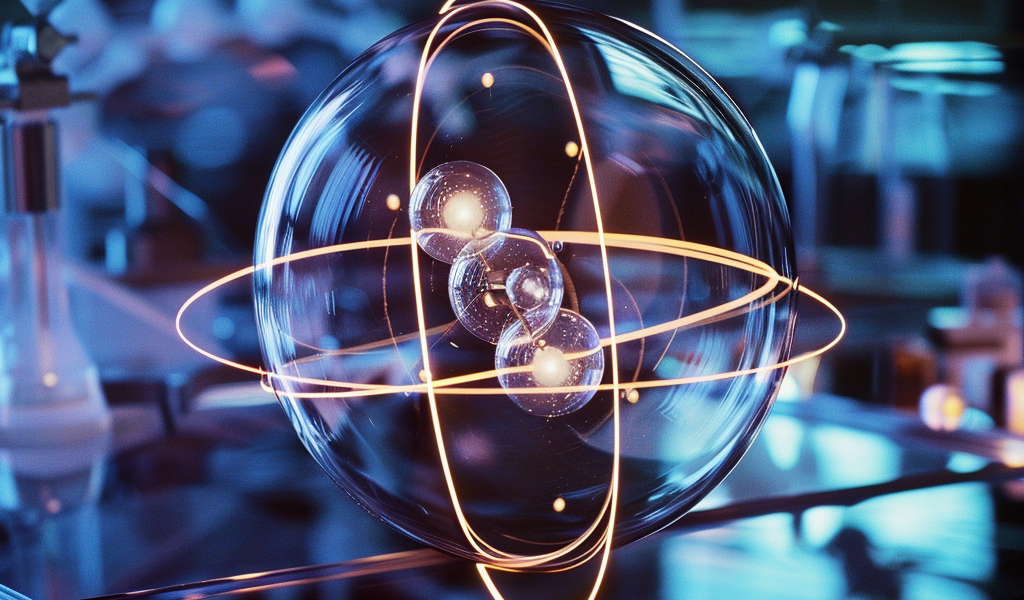As humanity continues to seek ever-greater precision in timekeeping, a groundbreaking development has emerged in the form of nuclear clocks. These innovative devices promise to surpass the accuracy of traditional atomic clocks by a factor of ten, potentially revolutionizing applications such as GPS navigation and space exploration.
For centuries, civilizations have devised various methods to measure time, ranging from observing celestial cycles to the use of pendulums. Despite these advancements, traditional timekeeping methods have often drifted over time. For example, a typical quartz clock can lose a millisecond every six weeks, highlighting the limitations of conventional technology.
In recent decades, atomic clocks have represented a significant leap forward in precision, with estimates suggesting they lose only about one second every 100 million years. However, the advent of nuclear clocks could signal a new era in timekeeping. An international team of scientists has published a paper in Nature detailing the workings of a nuclear clock, which relies on the energy levels within an atom’s nucleus to achieve unprecedented accuracy.
Understanding Nuclear Clocks
A nuclear clock is a sophisticated type of atomic clock that measures time based on changes occurring within an atom’s nucleus. When an atom’s nucleus is struck by a photon of a specific frequency, it can be excited into a higher energy state. This frequency can then be meticulously measured to track time, typically using an ultra-precise laser to observe the nucleus.
Key Differences from Atomic Clocks
While both nuclear clocks and atomic clocks operate on similar principles, the primary distinction lies in the focus of their measurements. Atomic clocks measure frequency based on the behavior of the entire atom, whereas nuclear clocks concentrate on the nucleus itself. Given that the nucleus comprises nearly 99.99 percent of an atom’s mass, it is remarkably small. To put this in perspective, if an atom were scaled to the size of a football stadium, its nucleus would be comparable to a marble.
Exciting such a dense structure necessitates more energy compared to exciting an entire atom, which is one reason why nuclear clocks can achieve greater precision. This increased accuracy could have far-reaching implications across various fields.
Potential Applications of Nuclear Clocks
The enhanced precision offered by nuclear clocks could lead to significant improvements in GPS navigation systems. Current GPS technology relies on atomic clocks, but the introduction of nuclear clocks could refine location accuracy, which is crucial for various applications ranging from personal navigation to autonomous vehicles.
Moreover, nuclear clocks hold promise for advancements in space exploration. Precise timekeeping is vital for coordinating activities in space, including satellite positioning and interplanetary missions. By minimizing timing errors, nuclear clocks could enhance the reliability and efficiency of these operations.
The Future of Timekeeping
As research into nuclear clocks progresses, the scientific community is optimistic about the potential for these devices to redefine standards in timekeeping. The promise of increased accuracy and reliability could open new avenues for technological advancement, impacting everything from telecommunications to fundamental physics research.
In summary, the era of nuclear clocks is on the horizon, heralding a new chapter in the quest for precision in time measurement. With the potential to outperform existing atomic clocks, nuclear clocks could reshape our understanding of time and its applications in various fields.





